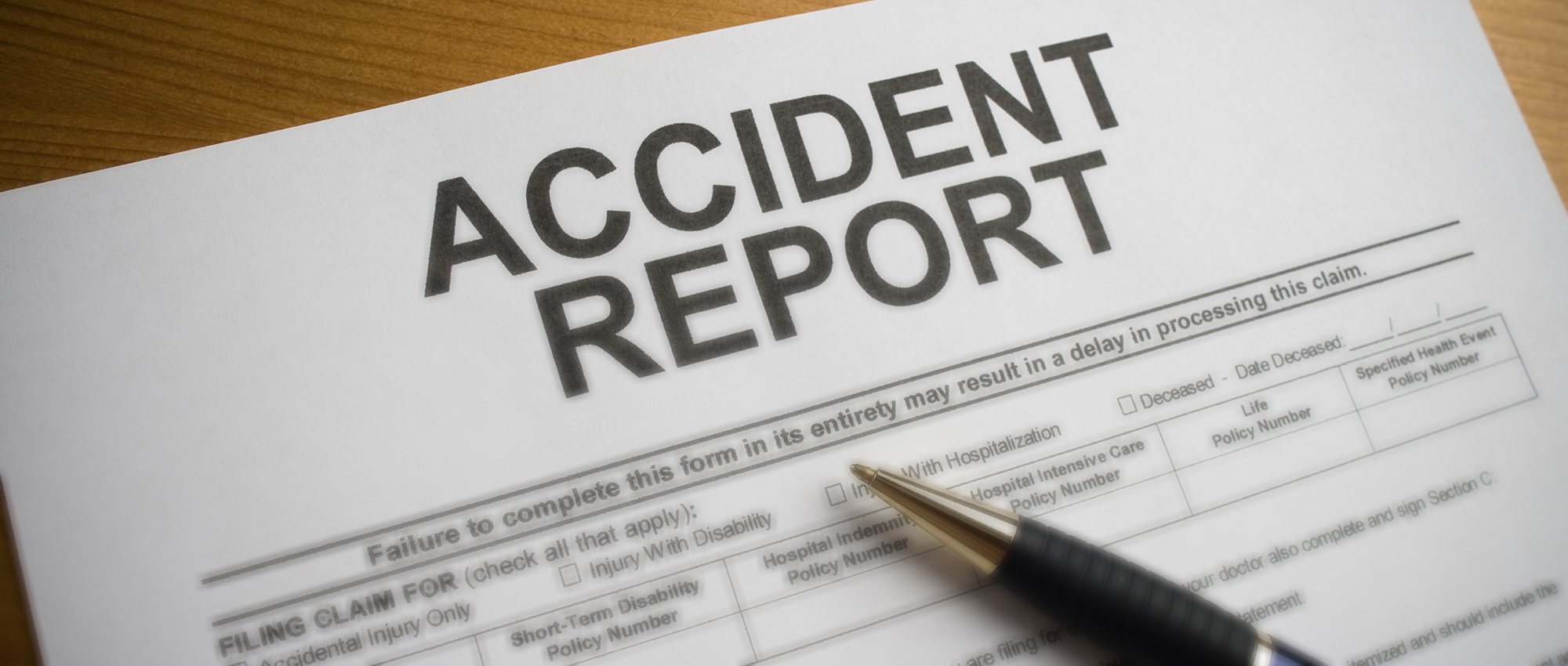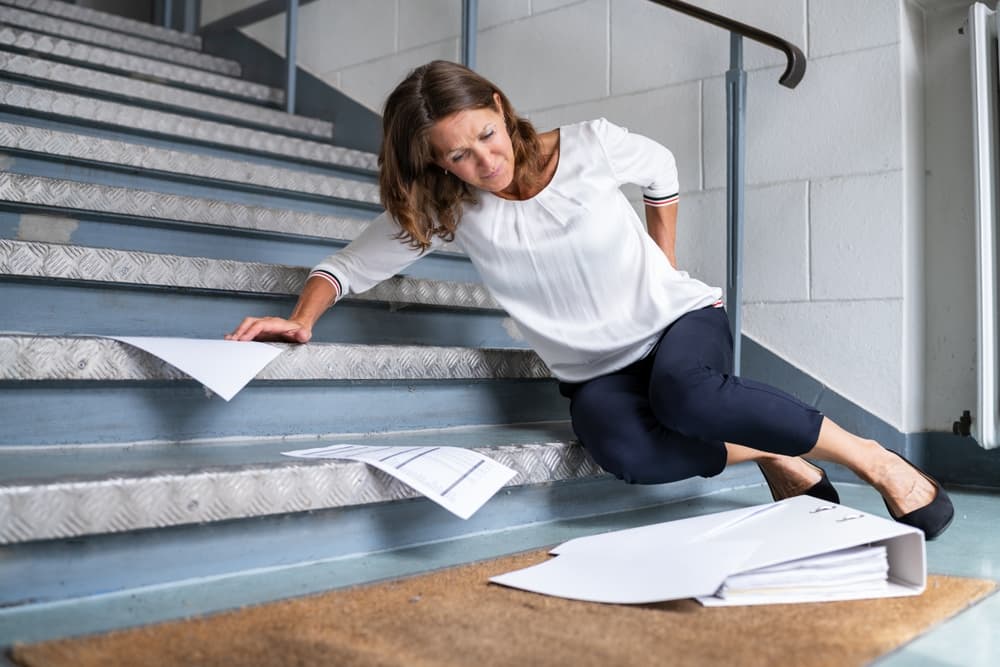How to Prove Negligence in an Accident
Proving fault is a key element in every personal injury case. Unless this is accomplished, your case will not be heard.
So, how does an injured party prove that the defendant was at fault? There are ways to do this, but it takes experience and diligence to get the job done.
Let's look at the ways your Myrtle Beach car accident lawyer will prove fault and obtain the damages you need.
An Attorney's Role in Proving Fault
Your attorney can prove fault and uses a variety of methods. At Morris Law Accident Injury Lawyers, we start with investigating the scene of the accident.
No one likes to admit they caused an accident, so the investigation is an important feature of a legal claim.
At Morris Law Accident Injury Lawyers, our investigators start out by examining the accident scene for tell-tale signs of how and why the collision occurred.
Including:
- Our investigators search for skid marks on the pavement. The presence of skid marks shows the driver used their brakes to come to a full stop. The length of the skid marks can indicate the speed at which the vehicle was traveling. If the skid marks are absent, chances are the driver was drunk or drugged or asleep.
- The investigators also use accident reconstruction, which tells them the placement of the vehicles throughout the scenario leading to the crash.
- If surveillance cameras are available, we obtain video footage that points to liability.
- We review accident reports, check the driving record of the at-fault driver and talk to witnesses.
When the investigation is concluded, we can determine who was liable and, if appropriate, file a claim against the at-fault driver. It is the court or jury that makes this determination final.

Who Is Liable for Damages?
In most cases, the insurance company pays for damages in a car accident caused by an at-fault party. However, some drivers do not carry insurance or are underinsured. The negligent party becomes personally responsible.
How Is Negligence Used to Prove Fault?
Negligence occurs when the at-fault party fails to take a prudent amount of care to avoid harming another person. To prove negligence, the following elements must be established:
- Duty: The legal duty the defendant has to the plaintiff must be proven. This consists of using safe driving skills to prevent injuries to others on the road.
- Breaching that duty: The attorney must prove that the duty the defendant had to the plaintiff was breached. For instance, driving distracted and causing an accident is breaking their duty to the plaintiff.
- Proving causation: It must be proven that the defendant's negligence caused the plaintiff's injuries. If the accident was caused by a drunk driver, having a BAC level of 0.08 is proof the defendant was driving drunk.
- The presence of damages: The injuries incurred by the plaintiff must have financial damages associated with them. This could be the cost of medical treatment and lost wages.
Other Ways to Prove Fault
Additional ways to prove negligence are:
- Negligence per se: An action is deemed to be negligent because it violates a statute. For instance, if a driver is recklessly speeding through an intersection and a pedestrian is injured, then by breaking the statute, the motorist is negligent.
- Intentional acts: Here, an act is performed with the intention of harming another person. For instance, assault on a person is a crime, but it is more than that. It is a personal injury against the person. An example would be an attack on a couple that resulted in a double homicide. Even though the attacker will be charged with a crime, the family of the decedents can file a personal injury claim against the attacker. This is what happened in the O.J. Simpson case. The family filed a claim against Simpson, and even though he won his criminal trial, he was ordered to pay the damages in the personal injury lawsuit.
- Strict liability: In this case, the plaintiff is not obligated to prove negligence at all. For instance, in product liability cases, the defendant only needs to prove that they were using the product in the way for which it was intended when the accident occurred.
FAQ: Proving Fault After a Car Accident
Q1: What is the first step in proving fault after a car accident?
A: The first step in proving fault after a car accident is to gather evidence from the accident scene. This includes taking photographs of the vehicles involved, skid marks, traffic signs, and any other relevant physical evidence. Collecting witness statements and obtaining the official police report are also crucial.
Q2: How can a car accident lawyer help in determining fault?
A: A car accident lawyer can conduct a thorough investigation to gather valuable evidence, interview witnesses, and review police reports. They can also consult with accident reconstruction experts if necessary to determine liability and prove fault in a car accident.
Q3: What role does the police officer's report play in a car accident case?
A: The police officer's report is a critical piece of evidence in a car accident case. It includes details about the accident, the officer's opinion on who was at fault, and any traffic violations that may have occurred. This report can be used to support your claim and prove fault.
Q4: How do insurance companies determine fault in a car accident?
A: Insurance companies determine fault by reviewing the evidence, including police reports, witness statements, and any physical evidence from the accident scene. Insurance adjusters analyze the circumstances surrounding the accident to decide who bears financial responsibility.
Q5: Can an experienced personal injury attorney help with insurance claims?
A: Yes, an experienced personal injury attorney can help you navigate the insurance claims process. They can negotiate with the insurance company on your behalf to seek compensation for medical expenses, property damage, and other accident-related losses.
Q6: What if the other driver admits fault at the accident scene?
A: If the other driver admits fault at the accident scene, it can simplify the process of proving fault. However, it is still essential to gather all necessary evidence and documentation, as their admission may not be enough to satisfy insurance companies or a court in a car accident lawsuit.
Q7: What should I do if I am involved in an accident in South Carolina?
A: If you are involved in an accident in South Carolina, ensure you collect all relevant information, including the accident report, witness statements, and medical records. Contact a South Carolina car accident attorney who can guide you through the process of filing a car accident claim and proving fault.
Q8: How important are medical records in proving fault after a car accident?
A: Medical records are essential in proving the extent of your injuries and connecting them to the accident. They can demonstrate the seriousness of the car accident and help establish the other party's liability in a personal injury claim.
Q9: What if both drivers are partially at fault for the accident?
A: In cases where both drivers are partially at fault, South Carolina follows the comparative negligence rule. This means that you can still seek compensation if you are less than 51% at fault, but your compensation will be reduced by your percentage of fault.
Q10: Why is it important to consult with a personal injury lawyer after a car accident?
A: Consulting with a personal injury lawyer is crucial because they can provide expert advice, handle communications with insurance companies, and ensure your rights are protected. They can help you recover compensation for your medical bills, property damage, and other accident-related losses.
Q11: How can I prove fault in a rear-end collision?
A: In most rear-end collisions, the driver who rear-ended the other vehicle is usually considered at fault. Evidence such as skid marks, damage to the vehicles involved, and witness statements can help support your claim and prove fault.
Q12: What kind of compensation can I seek after a serious car accident?
A: After a serious car accident, you can seek compensation for medical expenses, lost wages, property damage, pain and suffering, and other accident-related losses. A personal injury lawyer can help you evaluate your case and determine the full extent of your compensation.
Q13: What should I do if the insurance adjuster offers a low settlement?
A: If the insurance adjuster offers a low settlement, do not accept it immediately. Consult with a car accident attorney who can negotiate on your behalf to ensure you receive fair compensation for your injuries and other losses.
Q14: How does a traffic violation impact proving fault in a car accident?
A: A traffic violation, such as running a red light or speeding, can significantly impact proving fault in a car accident. If the other driver received a citation for a traffic violation, it could be used as evidence to establish their liability in the accident.
Q15: Can I still file a car accident lawsuit if the at-fault driver is uninsured?
A: Yes, you can still file a car accident lawsuit if the at-fault driver is uninsured. Your own insurance policy may have uninsured motorist coverage that can help cover your damages. A personal injury lawyer can assist you in exploring all available options for compensation.
Morris Law Accident Injury Lawyers in the Myrtle Beach Area
At Morris Law Accident Injury Lawyers, we fight for our client's rights. We are adamant that the client should not have to suffer physical and financial harm due to another's actions. That is why we investigate every accident thoroughly and work hard to obtain the compensation our clients need. Call us at (843) 232-0944 to start claiming the damages inflicted by a negligent party.






